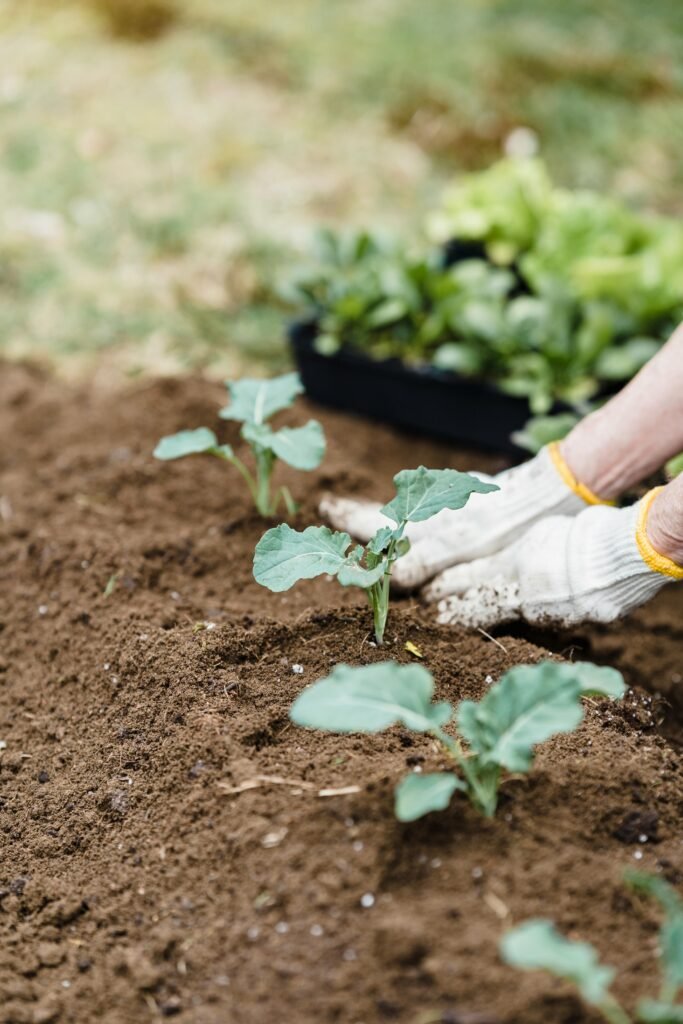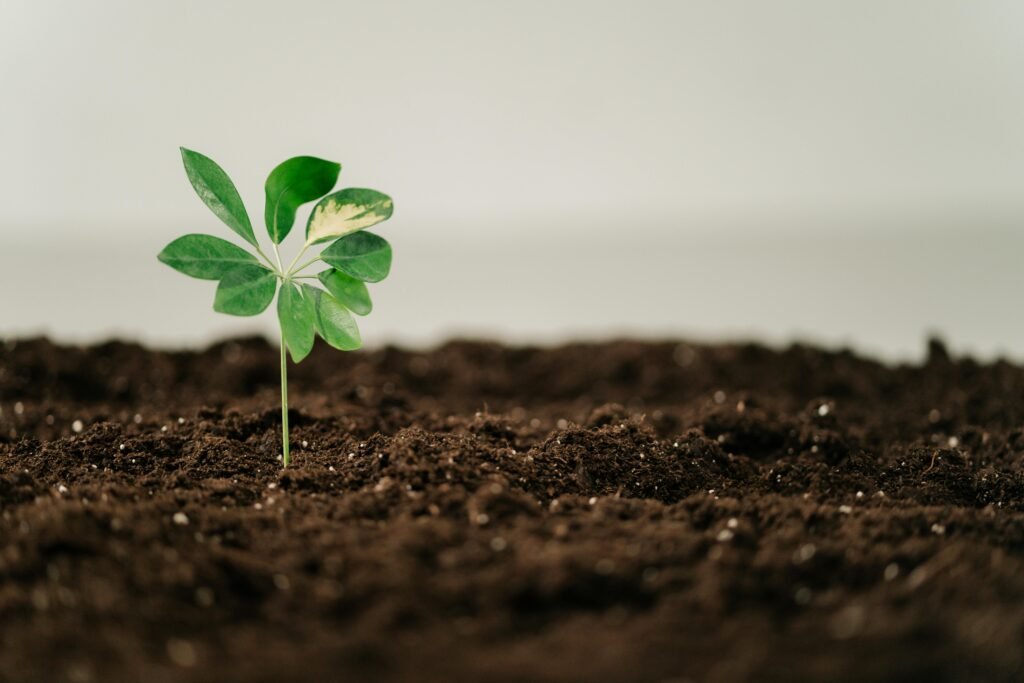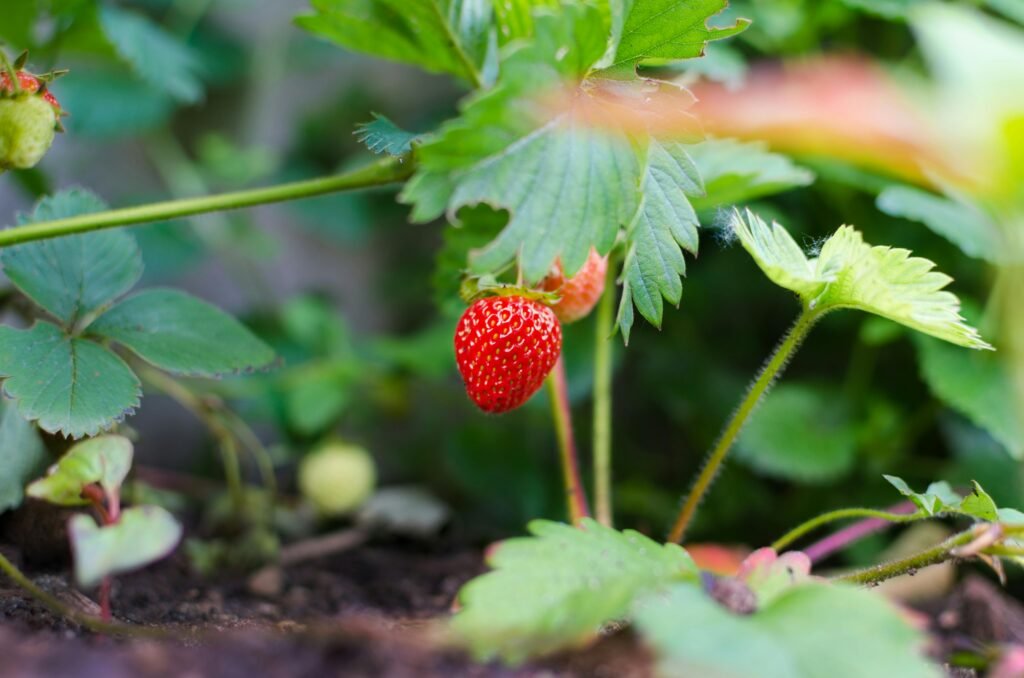Understanding Synthetic Fertilizers
The synthetic fertilizers are often referred to as chemical fertilizers, that is, manufactured products used for the enhancement of plant growth as well as the increase in agricultural production. These fertilizers are composed of concentrated nutrients, primarily nitrogen (N), phosphorus (P), and potassium (K), often referred to as NPK. The fertilizer is actually composed of important macro and micronutrients necessary for healthy growth of the plants. The most common synthetic fertilizers include ammonium nitrate, urea, superphosphate, and potassium sulphate. Each has specific compositions of nutrients for specific deficiencies that must be corrected in soils.
The primary function of synthetic fertilizers is to supply plant nutrients as quickly as possible, which accelerates growth and also contributes to increased yields. They are often preferred by gardeners and farmers because of their ease of application. They can be easily applied and give fast results as well, which makes it best for people who want the best yields in their gardens as fast as possible. The convenience comes with a price, though. Unlike natural fertilizers, which usually originate from organic materials such as compost manure, synthetic fertilizers do not improve the soil structure or health in the long run. It causes leaching and depletions of beneficial microbes in the soil.
One major difference between these two fertilizers is the method of nutrient delivery. While synthetic fertilizers quickly liberate nutrients, natural fertilizers release them gradually hence giving nutrition for a long period of time. This supports a healthier ecosystem within the soil and encourages growth in robust plant life. A basic knowledge of such differences would help gardeners in making the right choices in their fertilization methods. This will help a gardener to choose better alternatives, considering the motivations behind their gardening practice, as well as environmental concerns.
The Negative Impact on Soil Health
Synthetic fertilizers are widely used by gardeners, who want to see results faster, but this long-term use causes severe bad effects to soil health. Soil degradation is one of the major concerns related to synthetic fertilizers. These chemical compounds do not allow for the natural processes occurring in healthy soil ecosystems. Instead of enriching the soil, they often strip it of vital nutrients. The outcome is an overall decline of soil quality, which, in the long run, appears as a decline in fertility, decrease in ability to retain water, and bad soil structure.
Apart from these, synthetic fertilizers also eliminate the population of beneficial microbes, which is very important for maintaining the health of the soil. Healthy soils are full of diversified microorganisms consisting of bacteria and fungi, therefore contributing to nutrient cycling, organic matter breakdown, and disease suppression. Application of synthetic fertilizers changes the environment artificially by causing obstacles for such organisms. Overuse of chemical fertilizers may upset the balance of soil microbiota and make the garden susceptible to diseases as well as pest attacks and ultimately lowers the health of the plants.
Also, synthetic fertilizers cause imbalances in nutrient usage. While the products are good contributors to major nutrients such as nitrogen, phosphorus, and potassium, most of the micronutrients are unavailable. That is why these deficiencies can affect plant growth and strength as well as create vulnerabilities. Heavy applications of the synthetic options create an imbalance in nutrients. Some nutrients happen to be in excess while others become limiting, leading to further deterioration in soil health.
In order to have your garden clean and fresh, you have to properly take care of your soil. You may make it rich with natural ingredients such as compost or manure. That would support the creation of a healthy ambience where more plants could thrive and grow strong for years to come.

Environmental Concerns of Synthetic Fertilizers
Synthetic fertilizers have become very popular in the new world of agriculture and gardening. This happens due to the instant nutrient supply given to the plants, which are thus kept fertile for as long a period of time as possible. However, the environmental impacts of their use are huge and threatening. Water pollution is a major issue by runoff during heavy rainstorms. Once synthetic fertilizers are applied to the soil, huge amounts of nutrients, such as nitrogen and phosphorus, can be dissolved in the water and be transported away from the garden. Such runoff waters often pollute local waterways, giving rise to eutrophication-often visible in the form of algae blooms. These flowers consume oxygen in water bodies and, as a result, give rise to dead zones where aquatic life cannot survive.
Synthetic fertilizers harm local ecosystems too, by modifying the natural balance of nutrients within the soil. Over-application of the same causes degradation in the soil, leaving negative impacts on the health of microbial communities, which are primarily responsible for nutrient cycling. Once the good bacteria decline, they cannot store any nutrients in the soil and must feed plants for a longer time using synthetic inputs. This creates an unsustainable cycle of gardening practice.
Also, the production and use of synthetic fertilizers emit greenhouse gases. The synthesis of synthetic fertilizer relies heavily on enormous amounts of energy mainly generated through fossil fuels. They release gigantic amounts of carbon dioxide, a dangerous greenhouse gas. Also, using these fertilizers can result in nitrous oxide emissions. These are another greenhouse gas that has a much higher global warming potential than carbon dioxide. Cumulative effects of these emissions lead to intensifying climate change, threatening global ecosystems.
The harmful effects of synthetic fertilizers are well known, and it is high time to think about more environmentally friendly gardening practices that take concerns for environmental health seriously. Organic fertilizers and employing more sustainable methods of gardening can help minimize such severe issues and lead toward more balanced coexistence with nature.

Alternatives to Synthetic Fertilizers
Organic alternatives to synthetic fertilizers have many benefits and advantages that are more favourable not only for your garden but also to the environment. Natural fertilizers provide the plant’s nutritional needs while improving the quality of soil without the bad effects of chemical fertilizers. Among the best alternative fertilizers is compost, which is made from decomposed organic matter. Gardening can recycle kitchen scraps, yard waste, and other organic materials into nutrient-rich compost. This can improve the soil structure, promote helpful microorganisms, as well as support healthy plant growth.
Another great substitute is well-aged manure. This one is rich in most nutrients, such as nitrogen, phosphorus, and potassium. If decomposed correctly, it could be quite an effective fertilizer not only to feed the plants but also to improve soil fertility over time. It is rather important that you get manure from a good farm so you are sure that there would be no traces of any deadly pathogens and chemicals, which makes this very ideal for the sustainable gardener.
Another area of growing preference is for plant-based fertilizers such as those derived from kelp, alfalfa meal, or soybean meal. Organic fertilizers are rich in trace minerals, and they also promote healthy root development, giving the plants greater strength to resist infestation and infections. They also slowly release nutrients over time, which minimizes the risk of leaching the nutrients into rivers and other water courses.
Another great way to make your soil healthier is to plant cover crops. These plants are grown to be plowed back into the ground, which helps improve the soil’s structure, stop erosion, and add nitrogen. Plants like clover and vetch are excellent choices for this because they are really good at adding nitrogen to the soil.
Do share your thoughts by commenting below.






